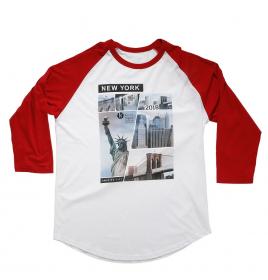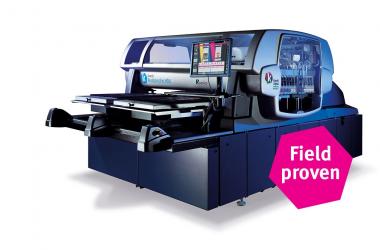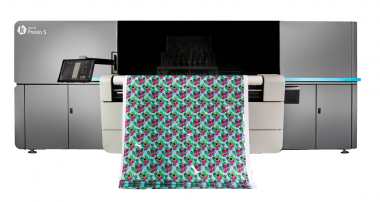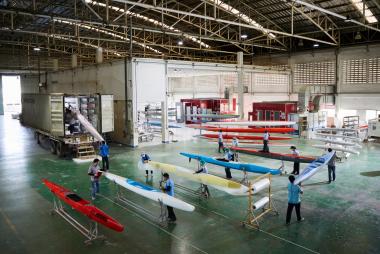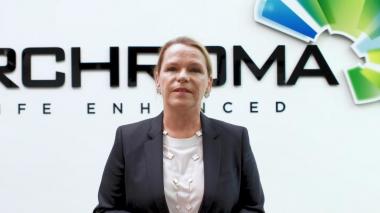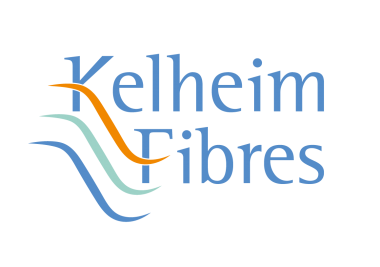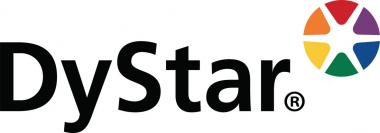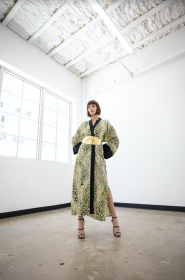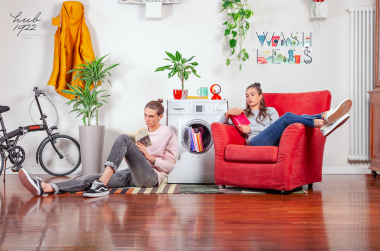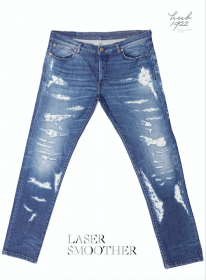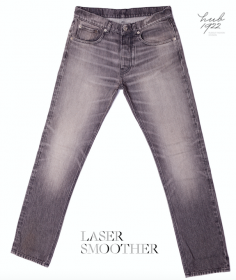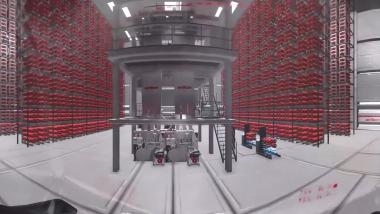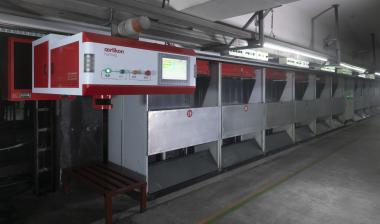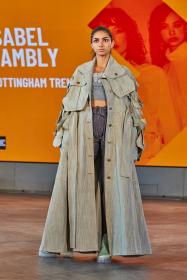ANDRITZ to acquire Laroche
International technology Group ANDRITZ has signed an agreement with Laroche, based in Cours, France, to acquire LM Industries comprising Laroche SA and Miltec SA, France. ANDRITZ will take over all Laroche entities and their business worldwide. Closing of the transaction, which is subject to approval by the ANDRITZ Supervisory Board, is expected at the beginning of 2021.
Laroche is a leading supplier of fiber processing technologies such as opening, blending and dosing, airlay web forming, textile waste recycling and decortication of bast fibers. The product portfolio further complements the ANDRITZ Nonwoven product range. ANDRITZ is now able to offer the complete supply and value chain, from the raw material, to opening and blending, web forming, bonding, finishing, drying, and converting. Laroche’s high-performance technologies for opening and blending enhance the ANDRITZ scope of supply for spunlace, needlepunch and wetlaid production lines. Moreover, both companies have agreed to further strengthen the development of their existing technologies for high-speed and high-capacity applications and also to continue pursuing the development of textile recycling processes in order to stay ahead of the changes the industry is facing.
Laroche SA has been developing fiber processing technologies for more than 100 years. With integrated manufacturing, the company supplies lines for a wide range of industries/products: spinning, bedding and furniture, automotive, acoustic and thermal insulation, geotextiles, filtration, wipes, and many more.
Robert Laroche, President of Laroche: “This acquisition is the logical conclusion in view of the successful long-term relationship between ANDRITZ and Laroche. We have been working in close cooperation for more than ten years and are very much looking forward to becoming a member of the ANDRITZ family.”
Andreas Lukas, Senior Vice President and Division Manager, ANDRITZ Nonwoven: “By adding Laroche’s state-of-the-art products and expertise to our existing capabilities, ANDRITZ Nonwoven will further strengthen its market and technology position.”
ANDRITZ AG











